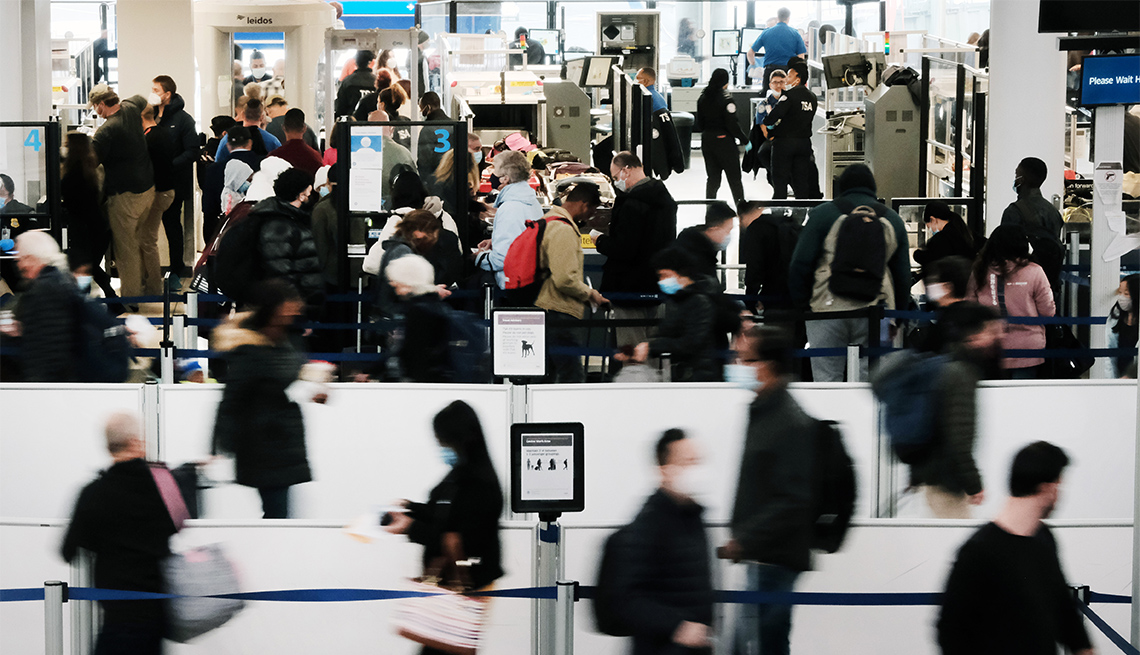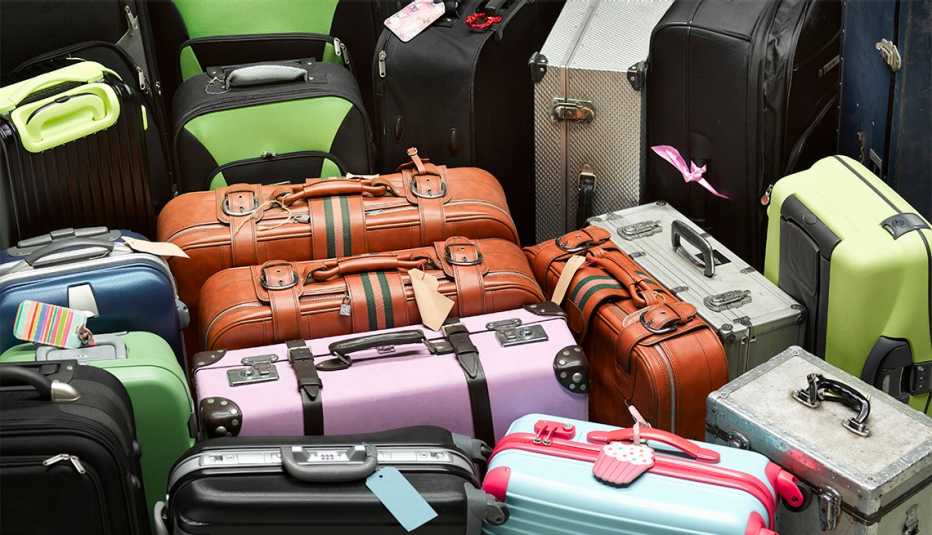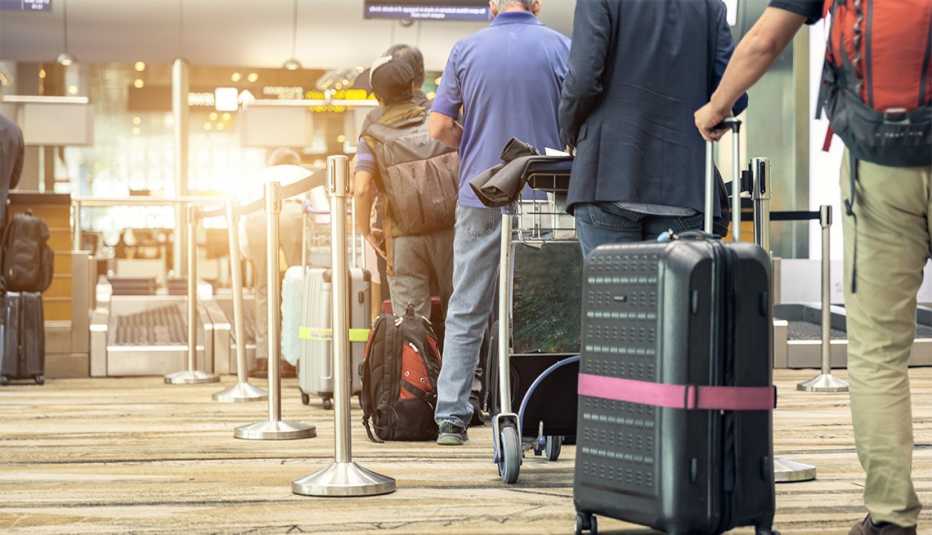Staying Fit
| Travel restrictions around the world continue to expand in response to rising alarm over the newly identified omicron variant of the coronavirus. The variant was initially detected in South Africa in early November, and the World Health Organization (WHO) declared it a "variant of concern" on Nov. 26. These new restrictions come just as many countries were reopening their borders to international visitors.
WHO says the omicron strain is spreading quickly in South Africa, where less than a quarter of the population is fully vaccinated, and now it's been identified in a rapidly rising number of patients across Europe and beyond — including in Australia, Canada and the U.S.


AARP Membership— $12 for your first year when you sign up for Automatic Renewal
Get instant access to members-only products and hundreds of discounts, a free second membership, and a subscription to AARP the Magazine.
Health officials are concerned because the variant has a large number of mutations that could make it more infectious than early variants. Studies are underway to understand how easily it spreads and whether it is receptive to the current COVID-19 vaccines.
In the meantime, the Centers for Disease Control and Prevention (CDC) is continuing to urge everyone 5 and older to get vaccinated and for everyone eligible (adults age 18 and up) to also get their vaccine booster dose. The CDC also announced that it would be expanding COVID-19 testing in four of the U.S.'s largest international airports — in Atlanta and San Francisco, plus two in New York — for the purposes of "enhancing our surveillance for the omicron variant," CDC Director Rochelle Walensky said during a White House briefing on Tuesday.
New U.S. travel restrictions
To prevent omicron’s further spread, the U.S. (along with many other nations) has banned arrivals from South Africa and seven other African countries, including Botswana, Mozambique and Zimbabwe. The U.S. State Department raised its alert level for Americans considering travel to those countries to level 4 (“do not travel”).
And the White House announced new rules for international travelers: Starting next week, all travelers — regardless of vaccination status or nationality — arriving from international locations need to show proof of a negative COVID-19 test taken within one day of their flight to the U.S. (Before this announcement, fully vaccinated U.S. travelers could offer tests taken within three days of their flight home.)
Non-U.S. citizens are still required to show proof of vaccination to visit the U.S.
The federal government is also extending the Transportation Security Administration (TSA) rule requiring all travelers to wear face coverings on airplanes, buses and rail systems, as well as in airports and bus and train stations, through the winter — until at least March 18. Fines for noncompliance will double, from a minimum of $500 to up to $3,000 for repeat offenses.


































































